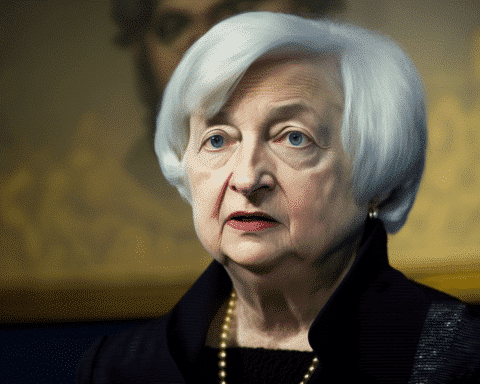The recent war between Israel and Hamas has presented Russia with a strategic chessboard on which it maneuvers carefully to bolster its global influence. While Russia has been cautious in its critique of both sides, President Vladimir Putin has made it clear that Moscow is poised to challenge the West and seize the opportunity to redefine its role in the global arena.
In the labyrinth of Middle East politics, Russia treads cautiously, understanding that its leverage is limited. Yet, by capitalizing on the perceived shortcomings of the Western response to the crisis, Russia hopes to elevate its status as a credible global power broker. “No one could suspect us of playing up to one party,” claimed Putin, highlighting Moscow’s friendly relations with both Israel and the Palestinians.
The war has also provided Moscow with a potential distraction from the ongoing conflict in Ukraine, potentially weakening the support for Kyiv. However, Russia walks a tightrope as its actions could strain its relationship with Israel, a key player in the region that has, so far, refrained from sending weapons to Ukraine.
Putin’s condemnation of the Hamas attack on southern Israeli towns on October 7, coupled with his warning against an Israeli blockade of Gaza, reflects a balanced approach aimed at maintaining good relations with both parties. Furthermore, the Russian President has been critical of U.S. diplomacy, accusing Washington of abandoning efforts to create a Palestinian state.
However, Russia’s claim of impartiality was questioned when its U.N. Security Council resolution condemning violence against civilians failed to mention Hamas. The resolution was subsequently rejected, with only China and a few other countries supporting the Russian draft.
Despite the delays in reaching out to Israeli Prime Minister Benjamin Netanyahu, Putin ultimately offered condolences for the lives lost and emphasized the importance of a peaceful resolution. In contrast, other Russian officials, like Deputy Speaker Konstantin Kosachev, have been more direct in their criticism of Israel, highlighting the complexity of Russia’s position.
Moscow’s stance has resonated well in the Arab world and earned praise from Hamas, but it risks alienating Israel, a crucial ally that has resisted joining Western sanctions against Russia. The Israeli diplomat’s expression of “displeasure” with Russia’s role underscores the delicate balance Moscow must maintain to safeguard its interests in the region.
As the Israel-Hamas conflict continues to unfold, Russia’s nuanced approach reveals its aspirations to redefine its global standing. By attempting to position itself as a mediator, Moscow aims to challenge Western dominance and carve out a space for itself on the worldwide stage. Whether Russia will succeed in navigating the intricate web of Middle East politics while preserving its relationship with Israel remains to be seen.




